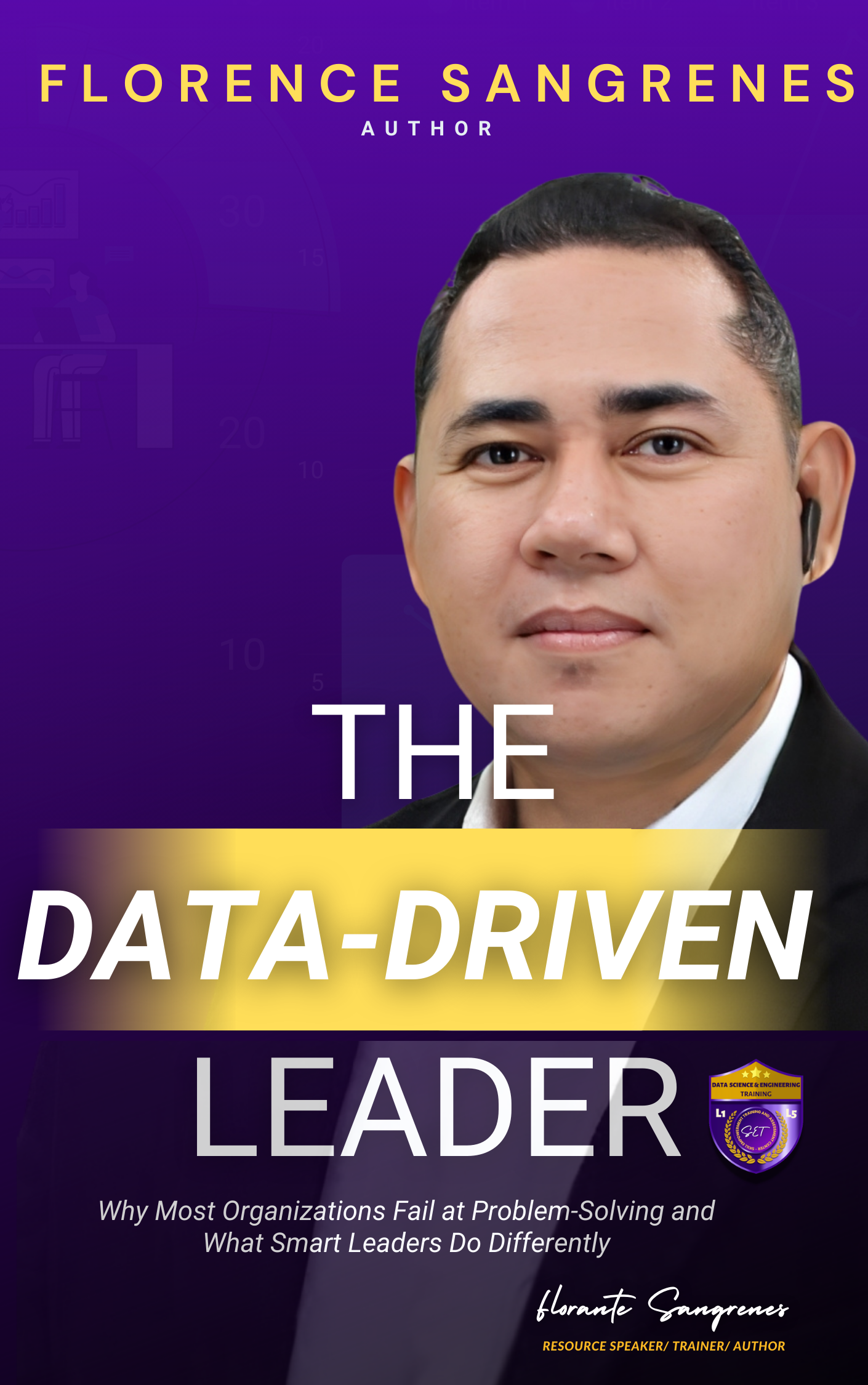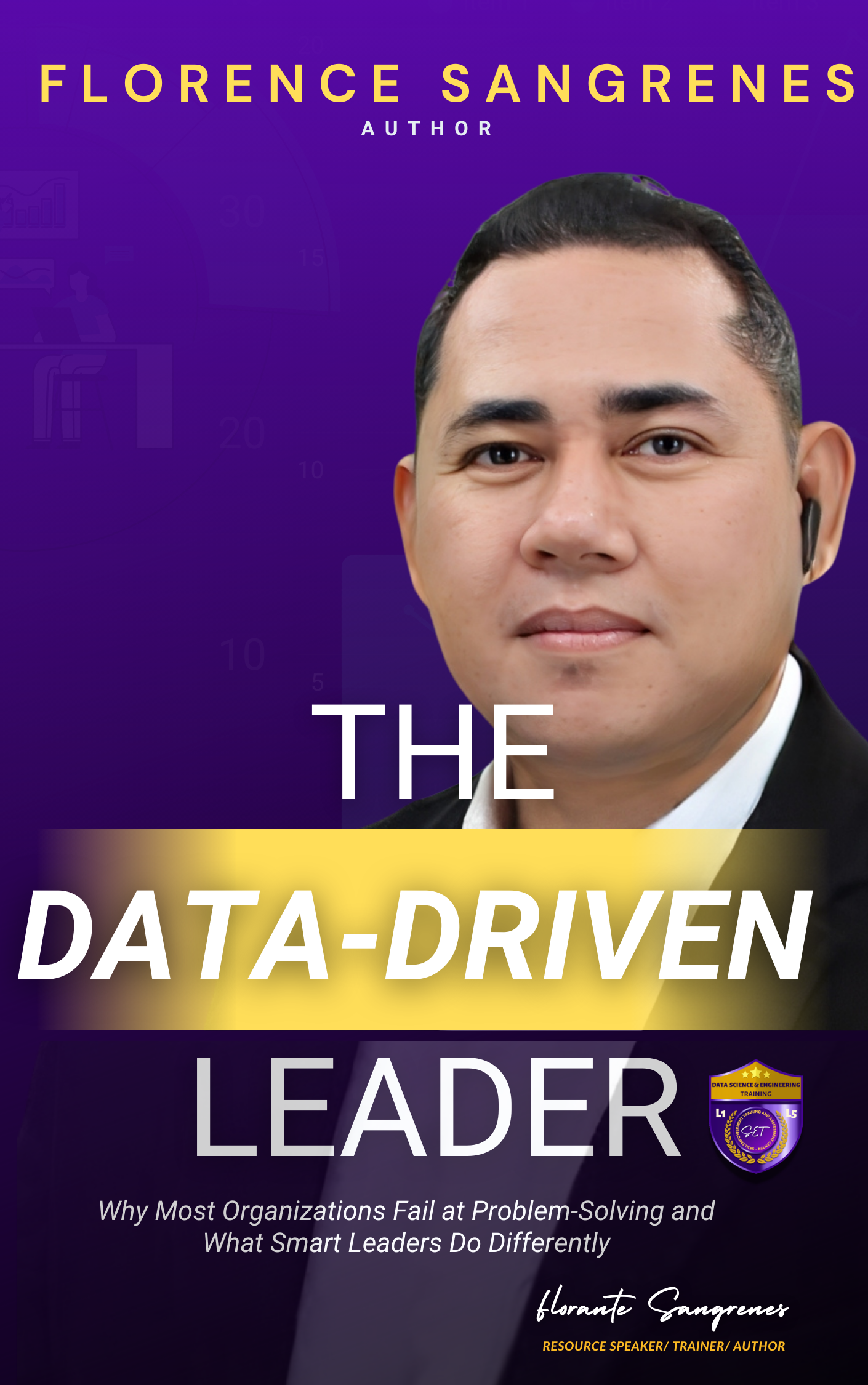Why Experience Alone No Longer Guarantees Leadership Success
Thu, 25 Sep 2025

Follow the stories of academics and their research expeditions

The Industrial Age myth that's killing modern organizations
For decades, we've operated under a comfortable assumption: the most experienced leaders with the strongest track records will naturally succeed. We promote based on years of service, trust gut instincts honed through decades of practice, and believe that those who've "survived the longest" are best equipped to guide organizations forward.
This thinking is not just outdated—it's dangerous.
I've spent the last fifteen years watching Philippine organizations make the same expensive mistakes repeatedly. Not because they lack smart people or good intentions, but because they're led by experienced professionals who are solving 21st-century problems with 20th-century thinking.
The harsh reality: Experience without systematic intelligence is like driving a Ferrari with a horse-and-buggy navigation system. You have power, but you're headed in the wrong direction.
The traditional "strongest wins" mentality assumes that competitive environments remain constant—that what made leaders successful yesterday will make them successful tomorrow. But this ignores a fundamental shift in how competitive advantages are created and sustained.
In my book "The Data-Driven Leader," I mentioned that:
"Most organizations approach decision-making like they're playing a slot machine - hoping that individual brilliant choices will somehow create breakthrough results. They celebrate the occasional big win while missing the systematic patterns that actually determine long-term success."
The leaders who are winning today aren't necessarily the strongest or most experienced—they're the ones who've learned to recognize patterns that others miss and make systematic decisions based on evidence rather than intuition alone.
Consider these real examples from my consulting work:
The Veteran vs. The Systematic Thinker:
The Result: The systematic manager consistently outperformed the veteran by 34% over two years. Why? Because customer preferences were evolving faster than experience-based intuition could adapt.
In my book "The Data-Driven Leader," I mentioned that:
"Organizations that consistently outperform competitors have learned something much simpler but more powerful: they let evidence guide their decisions instead of forcing their decisions onto evidence."
Here's what separates tomorrow's winning leaders from today's struggling veterans:
In my book "The Data-Driven Leader," I mentioned that:
"The organizations that build sustained competitive advantages from data do something fundamentally different: they use systematic intelligence not just to improve what they're already doing, but to identify and capture strategic positions that competitors haven't recognized yet."
This is why experienced leaders are being outmaneuvered by younger, more analytically-minded competitors. It's not about age or tenure—it's about thinking systematically rather than intuitively.
Philippine organizations are at a critical inflection point. We can continue promoting based on experience and hoping that past success predicts future performance. Or we can start developing leaders who combine wisdom with systematic intelligence.
The choice is clear:
If you're a leader relying primarily on experience and intuition, you're not necessarily wrong—you're just fighting tomorrow's battles with yesterday's weapons.
The solution isn't abandoning experience—it's enhancing experience with systematic intelligence.
In my book "The Data-Driven Leader," I mentioned that:
"Data doesn't replace human judgment - it illuminates the path so leaders can guide their organizations safely through any storm."
The most effective leaders of the future will be those who learn to combine hard-earned wisdom with systematic analysis, creating decision-making capabilities that neither pure experience nor pure analytics could achieve alone.
The transformation from experience-based to intelligence-enhanced leadership doesn't happen overnight. But every day you delay is another day your competitors gain systematic advantages that become harder to overcome.
Start by asking yourself: "What patterns in my organization's data could reveal opportunities that my experience alone might miss?"
The answer might surprise you—and it might just transform your leadership effectiveness in ways that decades of additional experience never could.
Thu, 25 Sep 2025

Leave a comment